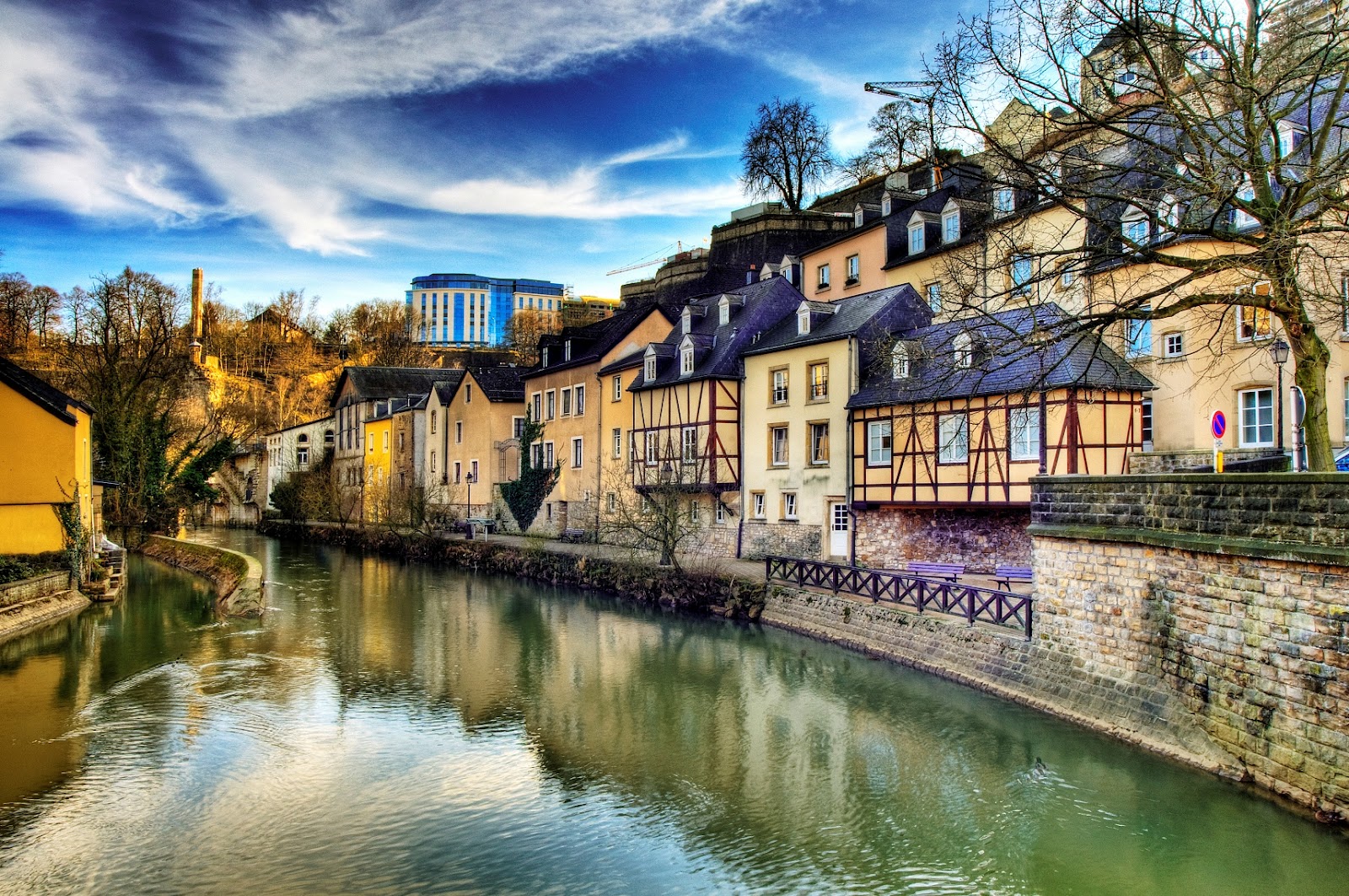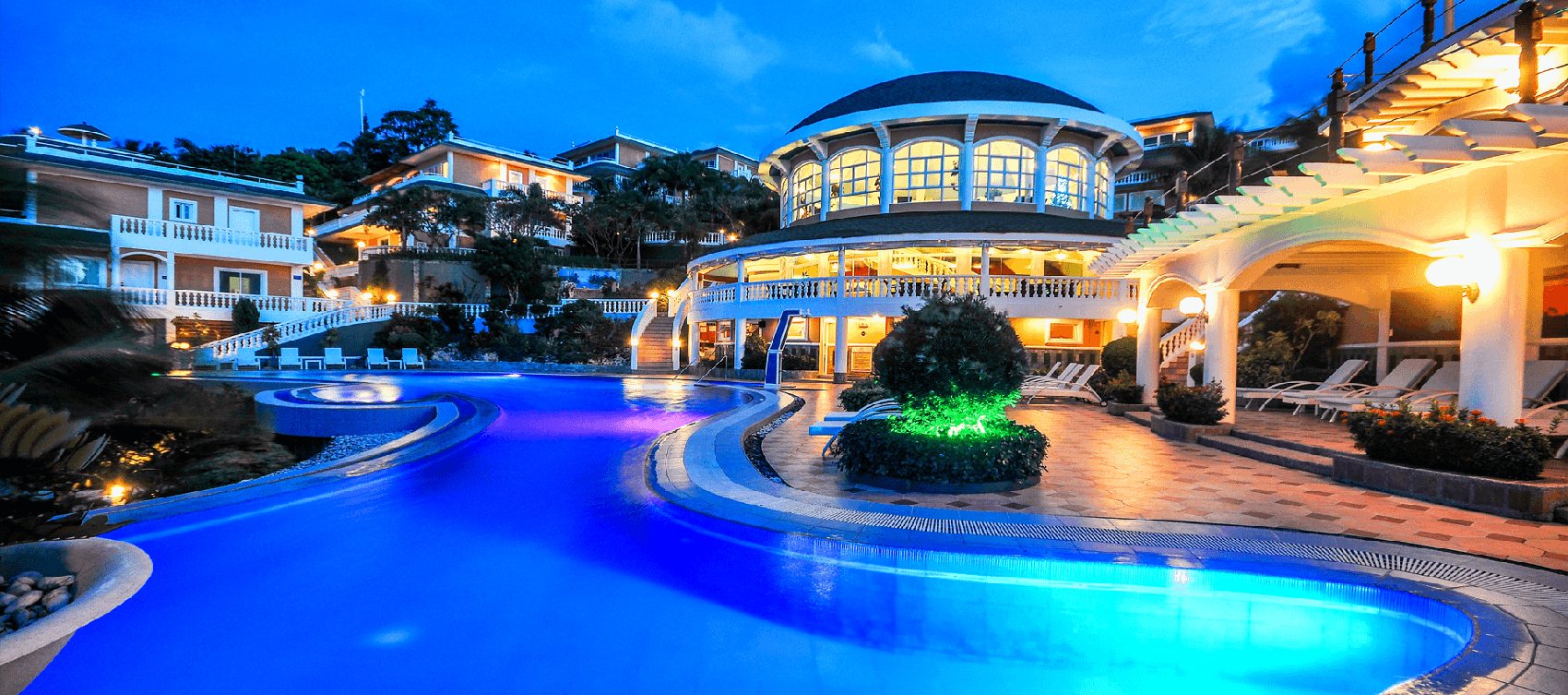The Similarities Between Hausas And Lord Of The Ring Characters
When Tolkien described the elfish kin, I felt he may have met the Hausas, for the two are similar in many ways. Tall, lithe, and graceful as gazelles, these people have a carriage that makes it look as though they are gliding on air. Their modest and slow-spoken ways just add to illumine their beautifully honed features. You will very rarely hear a Hausa person raise their voice, they have an ease that speaks of contentment in every sphere of life; millionaires or paupers, this contentment cuts across social class. With their hennaed hands and caramel-like skin, it is not a wonder that their women make men and women, stare in admiration with little envy attached. They have a suppleness that exudes fertility and growth, in all they lay their hands to. Their smiles brighten the room and their quiet presence often goes unnoticed, for they are not a showy people.
 “Beautiful Hausa Bride and Henna†via Pinterest
“Beautiful Hausa Bride and Henna†via PinterestYou will find men in jalabias, huddled together and talking in hushed tones, or sipping hot tea in the evenings, a culture practice adopted from the Middle-east. In the evenings, you are bound to come across stands of suyapingback, the aroma of barbecued beef filling the air as the men fan the coal embers, and road side stalls with heaps of sweet-spicy *kilishi*pingback. *They look as though they are mindful of only their own kin, but make no mistake about their hospitability or honesty. This is the one people that will hunt you down and return your billfold untouched, they are quick to go out their way to help others and they have a scrupulous honesty about them. In their markets, unlike the other Nigerian tribes, there is hardly any haggling whatsoever for the prices cannot be any fairer than they already are. This is the one place in Nigeria where you find traders leaving their stalls unmanned, such is their trust in people that they will pick the items they need and drop the cash on the counter *and no one will come steal the money. Should you get to such a stall, you’ll soon find that passers-by find nothing unusual in this arrangement and keep to the unspoken rules of kindness.
When you come to Nigeria and you are looking to make lifetime friends, don’t forget to say hello to these Northerners, for they will shower you in so much love that you will come away filled with love to spare.  I have never met such polished, trustworthy people anywhere else and spending time with them has left me kinder than I have ever been in my life. If you are seeking a life-changing trip, an answer to life’s most cryptic questions and if you want to learn to be a human being, then sit amongst these people and observe to do, for you will learn much more than is taught in classrooms. You will learn what it feels like to be in the presence of Elrond or Galadriel. You will learn to be an Elf.


